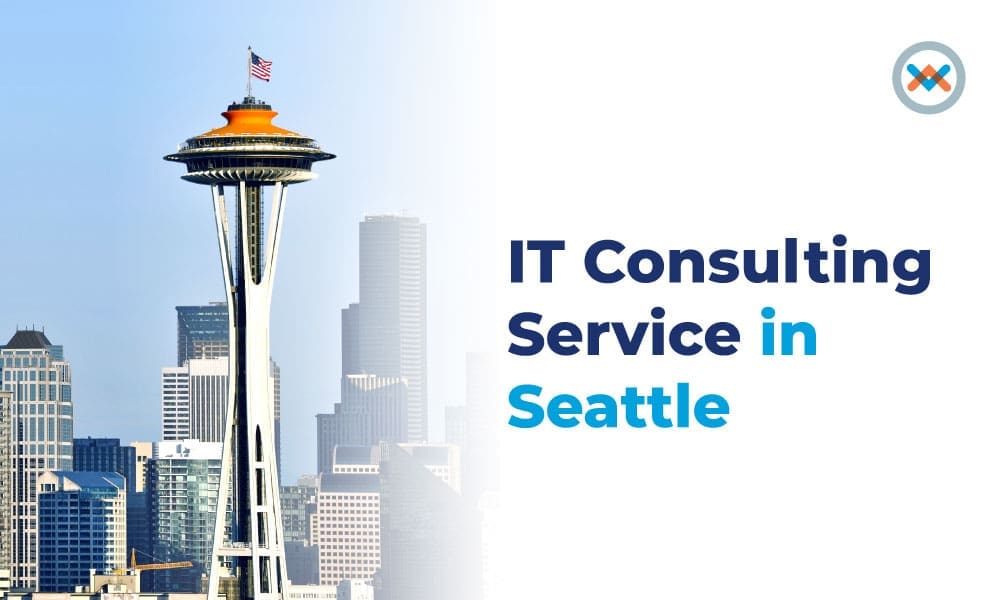Why Scalability Is Important for Business Growth
Scalability refers to one's ability to maintain or even improve one's company's performance even when their workload increases. A company without scalability is at risk of performance drops as demand rises. This can lead to inefficiencies and a poor customer experience. Therefore, businesses need to be scalable as it prepares them in handling an increased number of customers or demand. If a company is not scalable enough, it will be putting them at risk of going through a company's performance drop as demand rises. and its clients may not get the best customer experience due to inefficiencies, which is not a good thing. In this blog post, we will discuss the significance of scalability for business growth and how integrating managed services for scalability can help your business growth.
Scalability Challenges Faced by Businesses
No matter how much we all want our businesses to be as scalable as possible, the sad reality is, achieving scalability is not that easy. These are some of the challenges that businesses may face as they scale their businesses:
Cost
Business growth and expansion can sometimes lead to an increase in expenses. The business may need to invest in more resources such as human resources, equipment, and technology. Moreover, maintaining these resources can be costly. Thus, businesses need to do proper financial forecasting as they prepare for their expansion and continuously manage their finances well to make sure that the business remains profitable as it scales.
Lack of Human Resources
As a business grows, its workload will also increase. Thus, this leads to the need for having more people to handle it. Finding the right people to fill these roles can be challenging and can take some time. Besides hiring skilled candidates, businesses should think about outsourcing tasks to experts externally or freelancers.This helps them manage tasks effectively without needing to hire those experts as full-time employees.
Business Process and Technology Limitations
Systems that once worked fine for smaller business operations may no longer work once the workload and demands increase. This explains why businesses may have to upgrade or replace their old business processes and technologies as they scale.
Changes in the Business World
The business world is constantly evolving, and not all changes are predictable. However, businesses should be able to adapt to these changes quickly and effectively to remain competitive and relevant. Thus, businesses need to be agile in responding to the changes as they grow and expand.
What is Managed Services and its Role in Scalability
Managed Services is a third-party vendor that you can use to help your company with anything related to IT. This includes managing and maintaining your server and network and even implementing security measures for your business. You can learn more about the benefits of Managed Services here.
Outsourcing your IT aspects to a Managed Service Provider can help you in scaling your business and overcoming scalability challenges. These are some of the ways of how utilizing a managed service can help you overcome scalability challenges:
Cost Efficiency
Managed Services providers usually allow you to pay-as-you-go, meaning that you only have to pay for the services you need and utilize. This allows you to avoid large upfront investments in infrastructure and technology.
Resource Management
As mentioned previously, business growth and expansion usually lead to the purchase of new resources, and managing these resources on your own can be time-consuming and costly. Managed Service Providers can help you with this, as they can help you effectively utilize and maintain your IT resources, so you and your team can focus on your other core business processes.
Competency and Expertise
Managed Service providers are experts in their field. By utilizing their services, you won't have to spend too much time hiring and training extra IT teams for your business, as their team of experienced IT specialists will help take care of all your IT needs.
Helps You to Focus on What You Do Best
By outsourcing your IT needs to a Managed Service Provider, your team can focus more on your business's core competencies and strategies as it grows. This will save a lot of your time and resources.
Best Practices in Utilizing Managed Services for Scalability
Define Clear Scalability Goals
Before utilizing Managed Services, you need to start by establishing clear scalability goals for your company. This includes setting targets for your IT-related performance such as website loading speeds, network latency, and security implementations. By clearly defining these targets, you can better ensure that your Managed Service Provider (MSP) understands those goals and can help you accordingly.
Check Your Provider's SLA
Review and understand your provider's Service Level Agreement (SLA) before utilizing their services. Pay attention to their performance and uptime guarantees, as well as their overall ability or policies in handling increased traffic or resource demands. By reviewing their SLA thoroughly, you can ensure that their services meet your company's requirements and expectations, which is essential when utilizing a managed service for scalability.
Have an Open Communication With Your MSP
Communicating with your MSP regularly is important in ensuring that their services meet your scalability requirements. Update them when you have changes in demand and requirements. Moreover, always let them know when you have any concerns or face any issues. These updates will help your MSP to understand your needs and adjust their services accordingly to support your goals.
Review Your Provider's Performance Regularly
Aside from communication, it's also important for you to review your MSP's performance regularly to make sure that their performance is in line with your requirements and their SLA. This can help both your company and your provider to identify areas that need improvement, and make the necessary adjustments accordingly. If done properly, this process can help you get the most out of your managed services and minimize unnecessary costs.
Conclusion
In today's ever-changing business world, being able to grow and adapt is crucial, and it is not easy. The good news is, utilizing Managed Services can help you in handling these growth challenges without any large upfront investments. By collaborating with a Managed Service Provider, your team can focus on your business's core competencies and let them take care of all your IT needs. With the help of Managed Services, businesses can thrive in their growth process and reach their goals. Thus, if you're thinking about growing your business, do consider the benefits of Managed Services - it might be the game-changer you've been looking for!








